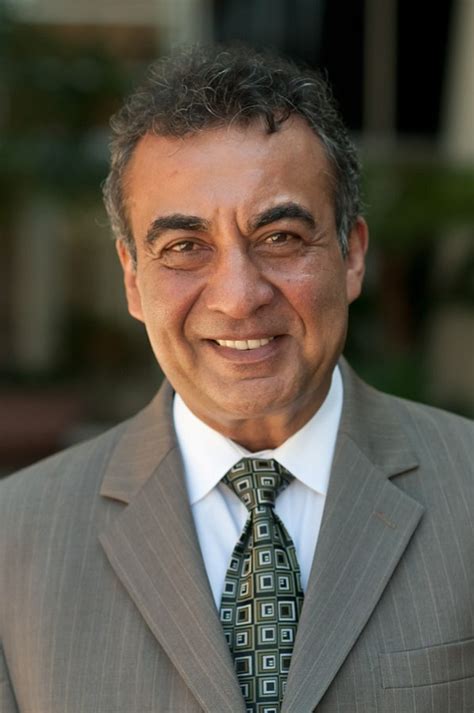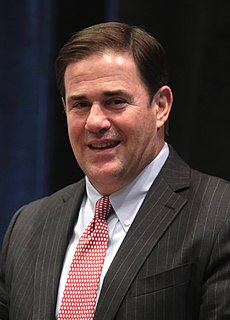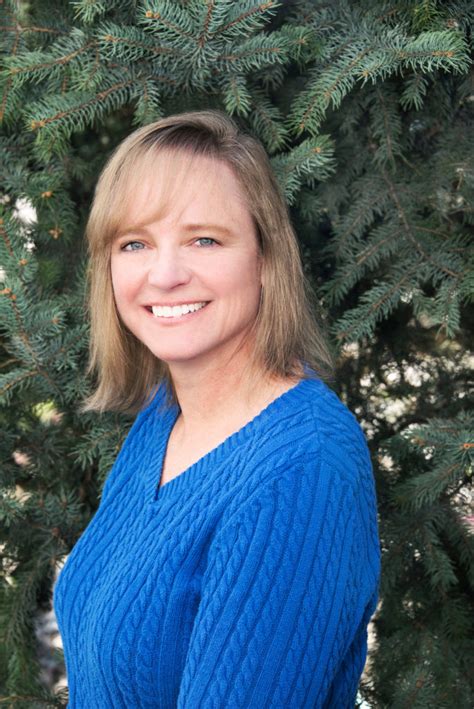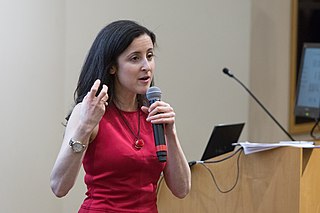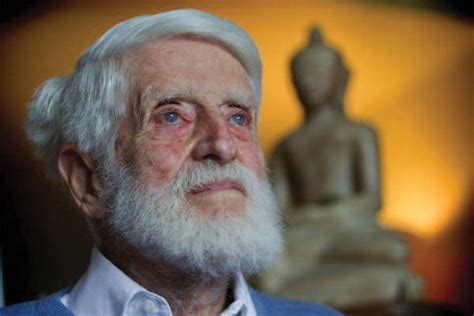A Quote by Wendy Kopp
More often than not, the most effective leaders have been shaped by teaching successfully in high needs classrooms. Because of their experience, they know that it is possible for low-income children to achieve on an absolute scale and understand what we need to do to allow them to fulfill their potential.
Related Quotes
I would assert that highly effective leaders are made more than they're born. Every leader I know who's been highly effective has worked hard at it, and they've been students of it. The more you're a student of leadership, the more you figure out what works for you and the more effective you're going to be.
One can tell a child everything, anything. I have often been struck by the fact that parents know their children so little. They should not conceal so much from them. How well even little children understand that their parents conceal things from them, because they consider them too young to understand! Children are capable of giving advice in the most important matters.
In the long run, we will need many more African-American, Latino, and Native American leaders, and leaders from low-income communities, who can bring additional insight and a deeply grounded sense of urgency, and who are the most likely to inspire the necessary trust and engagement among students' parents and community leaders.
The latest research on social mobility showed that there's a large aggregate decline in the U.S. in your chances of earning more than your parents. But I think where the story becomes more optimistic one is that there are pockets of America, where children from low-income families have significant chances of rising up in the income distribution. This finding of big geographic variation is an encouraging one because it shows that there are places where we see the American Dream thriving and we simply need to understand how can we replicate those successes elsewhere throughout the country.
Principles are concepts that can be applied over and over again in similar circumstances as distinct from narrow answers to specific questions. Every game has principles that successful players master to achieve winning results. So does life. Principles are ways of successfully dealing with the laws of nature or the laws of life. Those who understand more of them and understand them well know how to interact with the world more effectively than those who know fewer of them or know them less well.
Arizona has three of the top 10 public high schools in the nation. We know how to educate a child. We just need to do it more often in more locations, and where we're having issues are in low-income areas where - where kids don't have a parent that cares or two parents that care, and, of course, also in our tribal nations.
One of the most consistent findings about low performing schools and students is that "home variables" (parental income and education, etc.) are more predictive than "school variables." But, having said that, we as a society can have much more effect on the school variables than on the home variables, so it's important and valuable to focus on the question of which interventions in schools are most effective and which are least effective.
Why do we need to support the food stamp program? Because low-income families experience unemployment at a far higher rate than other income groups. Because cutting nutritional assistance programs is immoral and shortsighted, and protecting families from hunger improves their health and educational outcomes.
The use of online assessment tools is giving teachers a more fine-grained understanding of individual students' skills, and assisting them to determine the necessary next steps to enable them to achieve their own learning goals. We are seeing more effective differentiation in classrooms as a result.



